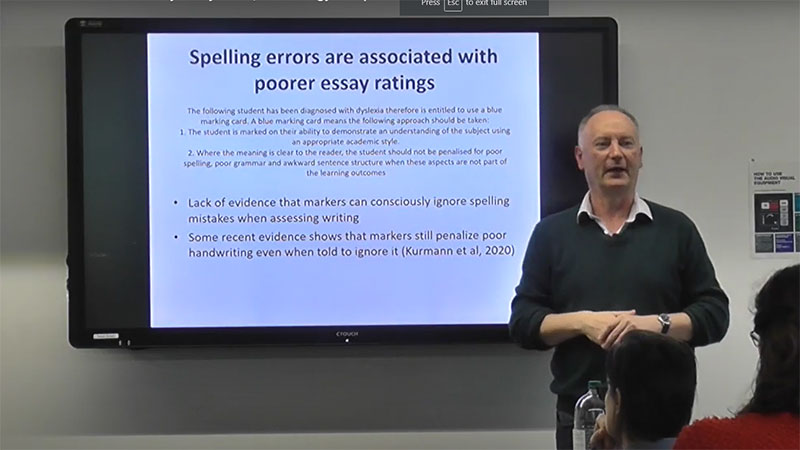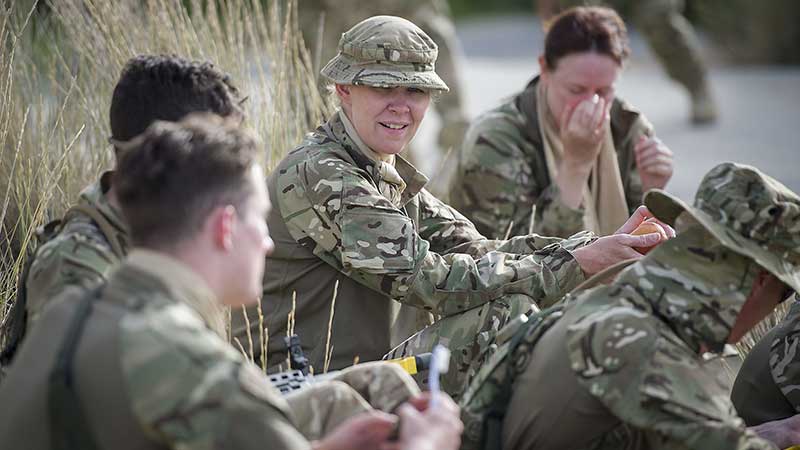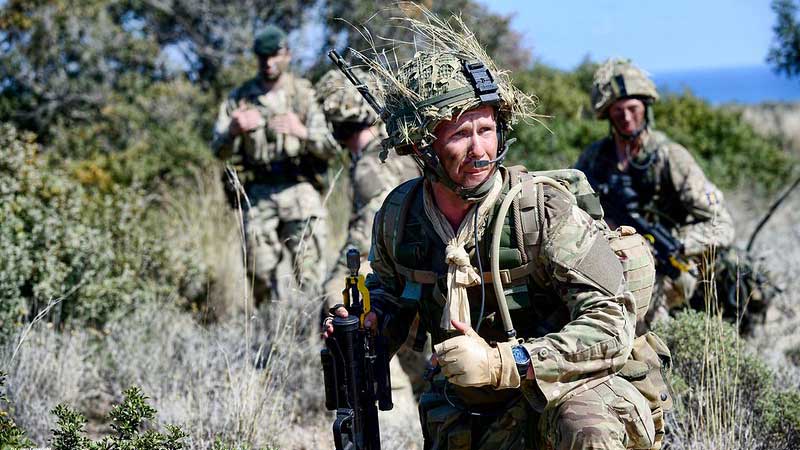Professor Vince Connelly’s research has been instrumental in shaping a key reform for the British Army: integrating part-time reservists with full-time army forces. Reforming the role of reservists has been a major priority across the Armed Forces with UK Defence investing around £1.8 billion on the project between 2013 and 2020.
From 2013 onwards, Vince’s research looked at the barriers to successful integration and then helped shape both the policy and roll-out of the new reforms. The end result was that 30,000 reservists were more successfully integrated with 82,000 full-time regular army staff - a feat which had stalled many times before.



